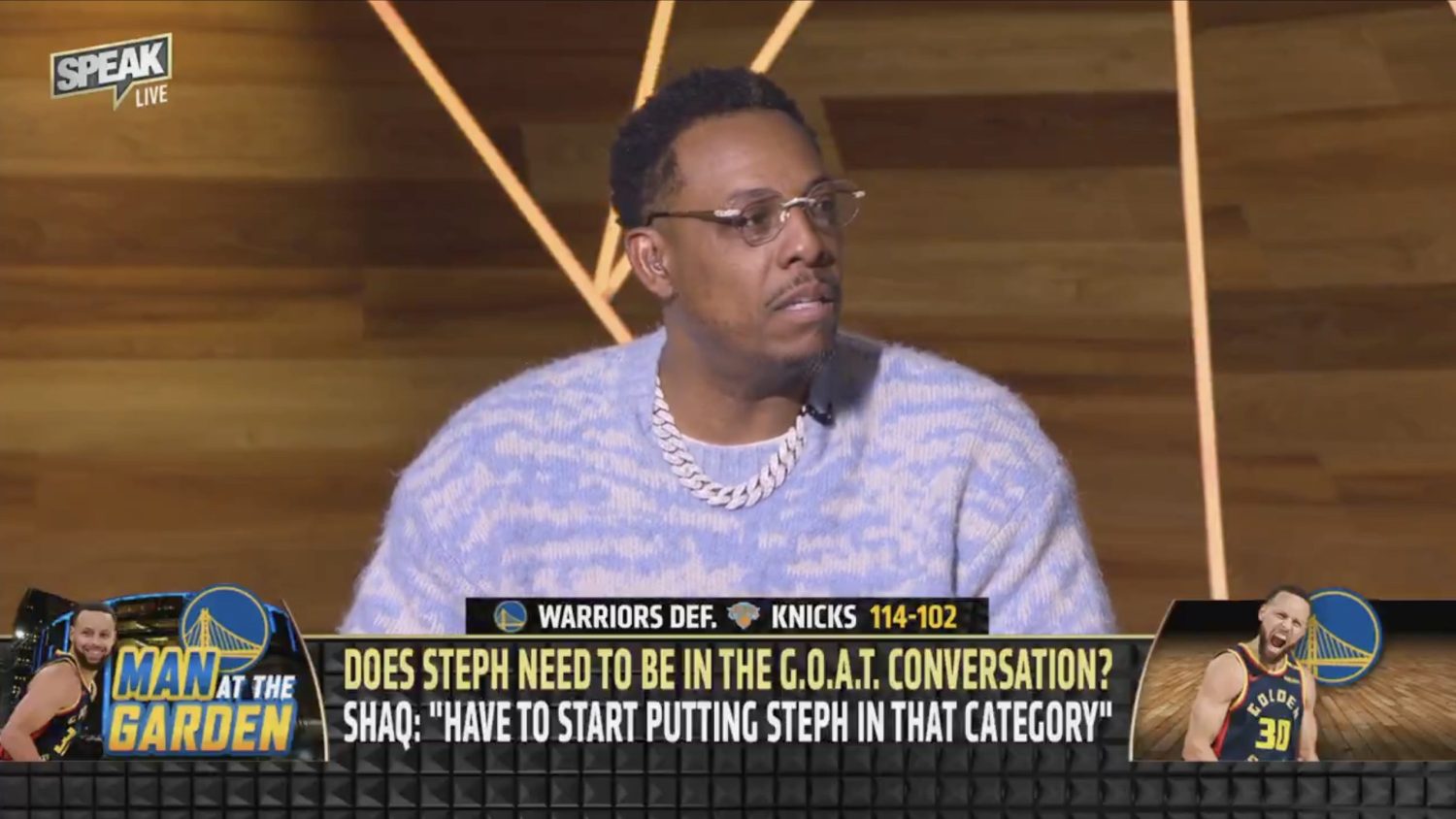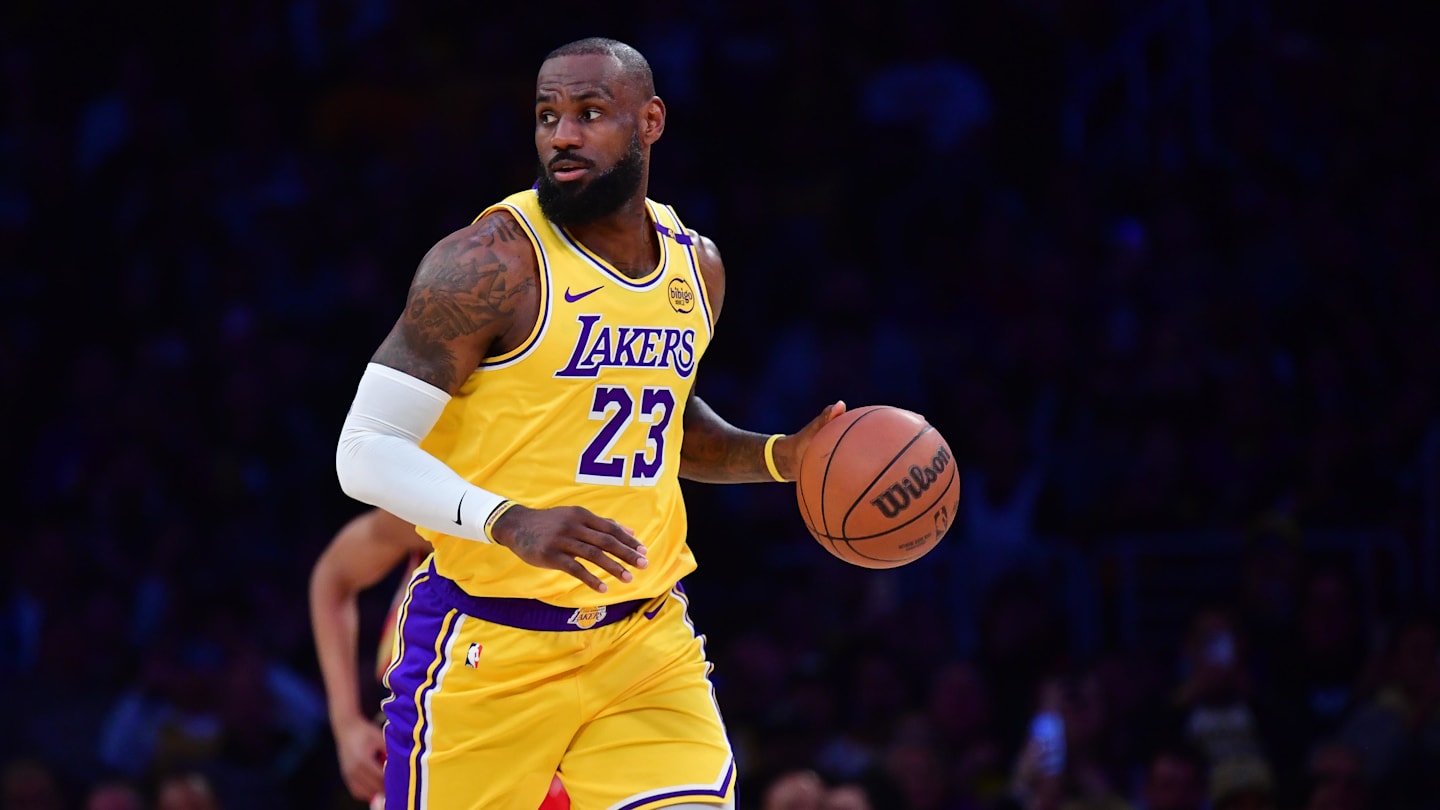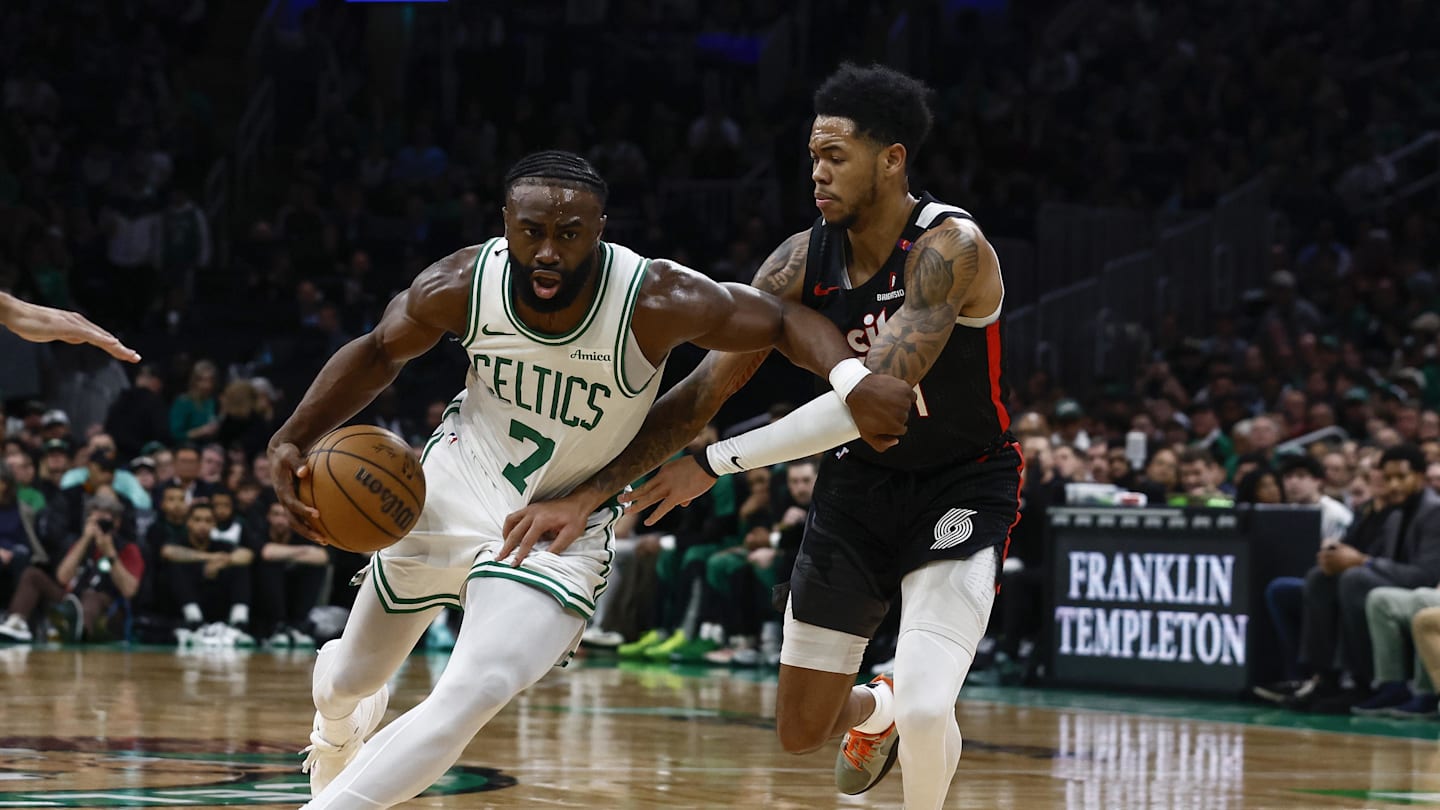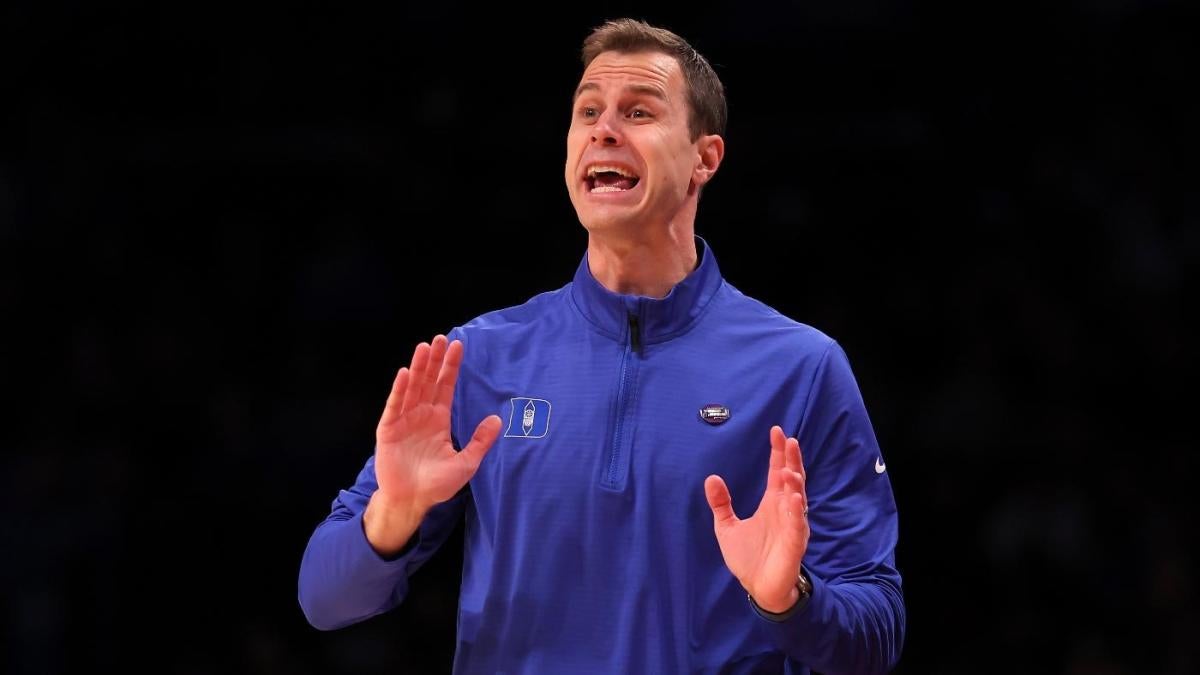How Warriors’ front office gained wisdom after questionable trade

The thinking around the NBA is that the Warriors, acutely aware they are not among the top-tier teams in the Western Conference, still are on the prowl for a move that could put them there.
But there is a catch.
Golden State’s front office, with general manager Mike Dunleavy under the authority of CEO Joe Lacob, is considerably more deliberate than those bygone days when it thirsted for relevance. Or desperate to walk into the wild.
Multiple league sources believe the more prudent approach goes back to a hard lesson learned in 46 months ago.
Back to the November 2020 acquisition of Kelly Oubre Jr.
The Warriors were coming off an NBA-worst 15-50 season that landed them in the draft lottery. There were legitimate reasons for the steep descent. The offseason departure of Kevin Durant. The absence Klay Thompson, rehabilitating a torn left ACL. An early-season injury that limited Stephen Curry to five games. The season that followed a fifth consecutive trip to the NBA Finals was reduced to ash before Halloween.
The front office was determined to avoid another disaster and felt good about the revamped roster. Curry and Thompson were healthy. Andrew Wiggins would play alongside both for the first time. First-round draft pick James Wiseman could play a little and learn a lot.
Hours before the Warriors drafted Wiseman, Thompson sustained a ruptured right Achilles tendon during a workout. A cloud of gloom covered the franchise. Rather than risk another forgettable season, the Warriors pivoted to Plan B. To Oubre.
Oubre is a talented wing who can be effective at both ends. He would essentially replace Thompson, a five-time NBA All-Star and elite shooter who was voted to the 2019 All-Defensive team. Problem addressed, if not solved.
Lacob, according to league sources, was a loud voice – the “driving force,” according to one – in favor of trading for Oubre. So much so that it didn’t matter that this would double Golden State’s luxury tax bill. Oubre’s one season cost the Warriors more than $80 million in salary and luxury taxes.
Though the Warriors typically like to make collective decisions, that was not the case with Oubre, according to sources. From Lacob down through various levels of power, including then-GM Bob Myers and the coaching staff, there were pockets of dissent. The biggest question seemed to be whether Oubre’s skills and disposition would complement the rest of the roster.
The Oubre trade was made on Nov. 22, 2020, with Golden State giving the Oklahoma City Thunder multiple draft picks, all of which wound up in the second round.
What followed was a season under distress; Wiseman was the opening-night starting center, a move coach Steve Kerr later regretted. There was inconsistency by both Oubre and the team. The Warriors were 33-33 before closing the season with a six-game win streak accomplished while Oubre was sidelined with a wrist injury.
They landed in the league’s inaugural NBA Play-In Tournament, where losses to the Los Angeles Lakers and Memphis Grizzlies sent them into summer accepting their expensive gamble was a bust. A move that reeked of desperation failed, and the concerns of dissenting voices were realized.
Until that point, unfettered ambition was the central component of every major move made under the ownership group led by Lacob. He was behind the first big splash, the July 2010 trade for David Lee, who had become an All-Star that season. The CEO recognized the value in Andre Iguodala and in 2013 acquired him in a multi-team deal.
Atop Lacob’s summer 2016 to-do list – quite likely the only line – was the recruitment of Durant.
In the eight years since Durant departed, the Oubre deal is the only individual move made under the theory that it alone would be enough to keep the Warriors among the contenders. Every move since, including the addition of Chris Paul last summer, was made to supplement the roster rather than expand its core.
Much of that approach is related to the Oubre experience. No longer are the Warriors willing to jeopardize their bottom line, sacrifice a bundle of draft picks or disrupt their roster for anyone who doesn’t rate a consensus.
Brandon Ingram, to cite an example, is among those who, according to sources, does not meet that level. There’s enough pro/con that any chance of him coming to Golden State is minuscule.
The Warriors’ failure to add an elite player this summer is partly because they are more careful. The benefits of adding Paul George or Lauri Markkanen far outweighed the potential for catastrophe. There was relative accord among all involved parties, including core players Draymond Green and Curry.
Forced to adjust, the front office compromised. The additions of Kyle Anderson, Buddy Hield and De’Anthony Melton are well below seismic but, combined, are at the top end of supplementary. All three project to get regular minutes.
Though the Warriors have not made a sexy move, the belief around the NBA is the same as the wishes of Dub Nation. That they will make a significant deal before the season or, more likely, approaching the February trade deadline.
If such a deal is made, it’s because internal debate tilted hard toward the positive.
Download and follow the Dubs Talk Podcast
Related
Paul Pierce shamelessly enters himself into NBA GOAT debate
As NBA media argues about Michael Jordan and LeBron James in the GOAT debate, Paul Pierce is here to make sure we don’t forget about him. There are othe
Lakers’ LeBron James Could Pass Tim Duncan in NBA History…
The Los Angeles Lakers just keep winning games. They are one of the hottest teams in the NBA, winning seven straight games and 13 of their last 15. A big reason
Philadelphia 76ers vs. Boston Celtics: Prediction, picks, odds for NBA…
The Philadelphia 76ers will lock horns with the Boston Celtics in an NBA game at TD Garden on Thursday. Tipoff is at 7:30 p.m. EST.Both teams enter tonight’s
Celtics News: NBA Insider Hands Boston Low Grade Heading Into…
The Boston Celtics are finding creative ways to win. They are the defending NBA champs, so they are getting every team's best shot each time they step on the co











